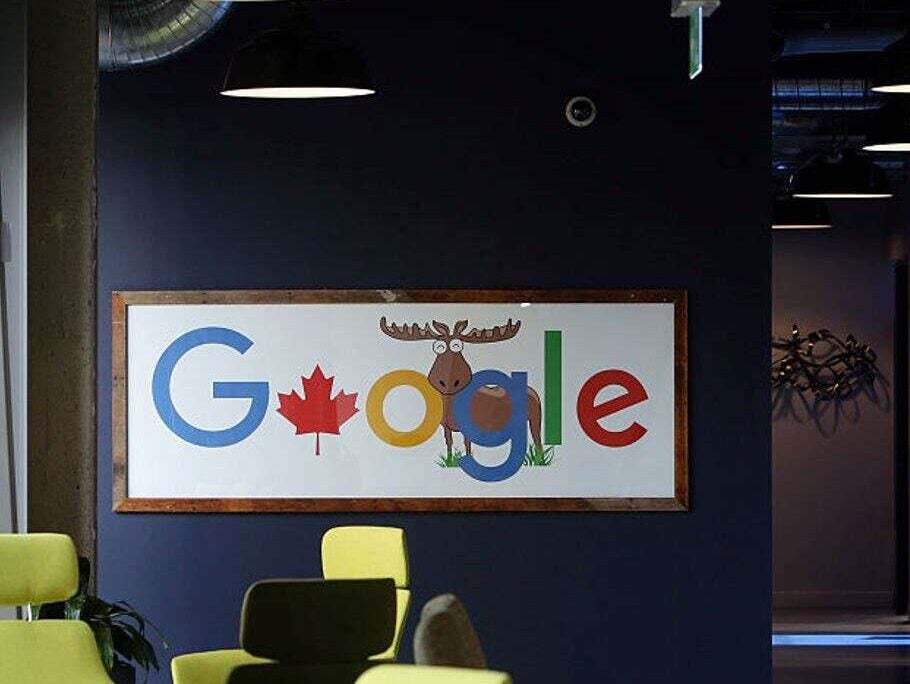
Meeting its 60-day deadline following the agreement that was reached in October, Google has now paid its first annual C$100M (£55m) to the Canadian Journalism Collective. By doing so it has secured its exemption to the country’s Online News Act. However UK publishers should not hold their breath, the platform environment is changing and we may not see many more deals of this scale resulting from the use of publisher content in general search.
If this agreement had not been reached Google would have been subject to the final offer arbitration mechanism within the act, forcing it to pay for content in search results; a line it resolutely refuses to cross (although I believe it is likely to be forced, possibly this year, to pay for content used to inform AI Overviews). The funds will be distributed to Canada’s news businesses on a per-journalist basis (an imperfect formula but it’s hard to conceive of anything better). The calculation lands with outlets receiving almost C$14,000 for each editorial headcount.
Those hoping that this augurs well for the prospects of UK publishers securing a similar deal are, in my view, going to be disappointed, at least in the short-term. Whilst the UK’s digital markets unit regime, which also includes a final offer mechanism, has been given statutory force, the structure of the regime is substantially different to that in Canada.
Under the Canadian approach, platforms are incentivised to strike a deal early, and thus secure an exemption from the legislation. By contrast in the UK, final offer arbitration (the mechanism Google is most fearful of lest it set a global precedent) sits at the end of a very lengthy process involving designation, conduct requirements, a breach of those conduct requirements and various appeals along the way.
In short, the UK’s regime does not have the incentives for Google to settle until that process is almost at an end. And that’s before we get to the question of collective bargaining, under which the deal in Canada has been done. This is an option within the UK regime, but one that is unlikely to be exercised by any of the national news outlets.
Meanwhile in Australia, the government is planning to introduce a ‘news media incentive’ that will force platforms to pay a levy, which will be distributed to news businesses, if they do not negotiate and pay for the use of their content. The levy will be set at a price higher than the platforms would have to pay under the News Media Bargaining Code. This is in response to Meta’s announcement in September 2023 that it would stop paying for news and close the news tab on Facebook.
Even the staunchest of supporters of the news industry might feel a little uneasy at the approach proposed in Australia. Philosophically it’s very close to combining a ‘must carry’ with a ‘must pay’ obligation. Public policy solutions at such stark odds with natural justice clearly carry a risk of backfiring. That the government in Australia is prepared to go so far reflects the concentration in news ownership and the unique relationship between politics and media in that market.
Interestingly in this context, Meta yesterday announced a raft of changes to its content moderation policies and processes to bring them in line with the worldview of the incoming Trump administration. Amongst these was the decision to recommend and promote more political and news content, having deprioritised that for a number of years. Whilst there are many questions left unanswered, this may signal that Facebook (and potentially Threads and Instagram too) will once again become a meaningful distribution channel for news content. Clearly if that is the case, it makes it harder for Meta to avoid the payment-for-content obligations that the levy in Australia is being proposed to backstop.
With Google the opposite is happening. It looks likely that the relationship between Google and publishers has already hit its high-water mark. The market for search is bifurcating into an AI strand, sitting alongside general search. Whilst Google will still dominate the latter – and many queries will remain better served by the speed and simplicity of general search – the AI-powered part of the market looks more competitive. The market forces creating a winner-takes-all outcome don’t appears to apply the same degree when it comes to AI answers (for example, generative AI responses result in very few clicks so this important feedback mechanism creating scale benefits and entrenching Google’s position is absent).
As a result of these dynamics – especially when combined with the data suggesting that younger consumers are turning to TikTok for search – the level of referrals Google will deliver (in both proportional and absolute terms) is probably already declining. And in parallel, as search becomes less central to Google’s future success – and AI becomes more so – the questions over the use of publisher content in search results (as opposed to AI) become less important and less valuable.
So the platform environment is changing once again. The Google deal in Canada is a good one for news but there probably will not be many more at this level of value, absent legislative arm-lock approaches like that taken in Australia.
By the time the UK regime bites, this is likely to have changed further still. Looking to the future, legislators would be doing a greater service to the news industry by focusing on the next platform era. This means giving right holders control of their intellectual property when it is used by AI systems. Unfortunately here in the UK, the opposite is being proposed.
Email pged@pressgazette.co.uk to point out mistakes, provide story tips or send in a letter for publication on our "Letters Page" blog
